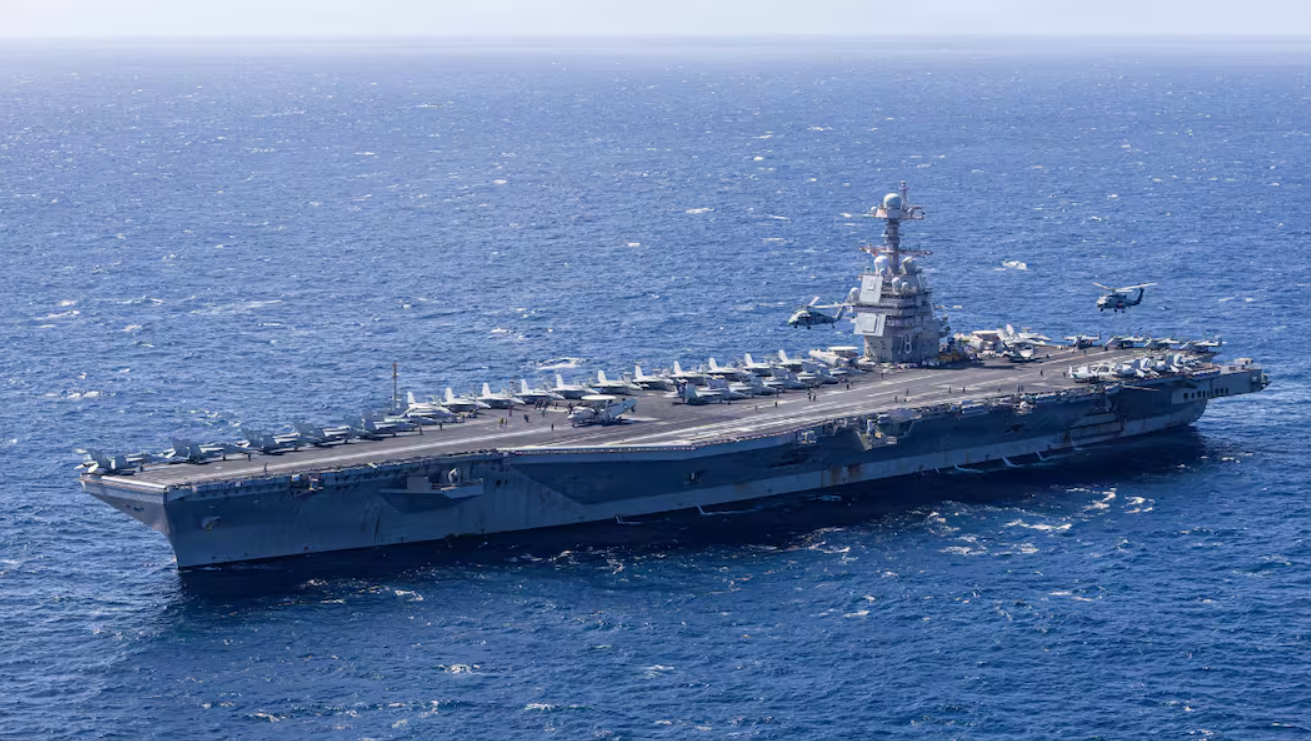China warns Japan over ‘shocking’ Taiwan remarks

Beijing slams Tokyo over Taiwan comments
China has sharply escalated its criticism of Japan after Foreign Minister Wang Yi called Prime Minister Sanae Takaichi’s recent remarks on Taiwan “shocking” and a “wrong signal.” Wang accused Tokyo of crossing a red line by suggesting that a hypothetical Chinese attack on self-ruled Taiwan could trigger a military response from Japan, comments that Beijing says undermine its “one China” position. The dispute has simmered for more than two weeks and now risks derailing already fragile relations between Asia’s second- and third-largest economies. Chinese officials have framed Takaichi’s comments as a sign of a return to “militarism,” language that resonates deeply with wartime memories in the region.
Wang’s remarks, published on China’s Foreign Ministry website, came after Beijing formally raised the issue with U.N. Secretary-General António Guterres, vowing to defend what it calls its sovereignty and territorial integrity. Tokyo has rejected China’s accusations as “entirely unacceptable,” insisting its policies remain defensive and rooted in its postwar pacifist constitution. Taiwan, which Beijing claims as its own territory, condemned China’s letter to the U.N. as a distortion of history and a violation of the U.N. Charter’s ban on threats of force. Analysts say the row underlines how quickly tensions over Taiwan can spill into multilateral forums, complicating coordination on trade, climate and security. With China a key market for Japanese exporters and Japan a major investor in China, businesses on both sides are watching closely for any sign that political rhetoric begins to translate into concrete economic retaliation or public boycotts.
Diplomatic row spills into trade and security worries
The latest exchange caps a month in which Chinese state media have stepped up attacks on Japan’s new government, accusing it of aligning too closely with the United States on Taiwan and broader Indo-Pacific security. Beijing has already canceled or postponed several cultural exchanges and concerts featuring Japanese artists, and officials have hinted that more measures could follow if Tokyo does not “correct its mistakes.” Japanese diplomats counter that their government must plan for all contingencies in the Taiwan Strait, given the country’s proximity to any potential conflict and the presence of U.S. forces on Japanese soil. They also stress that Japan continues to support the status quo and opposes any unilateral change by force.
The dispute comes as regional allies weigh how to respond to growing Chinese military activity around Taiwan, including frequent air and naval drills. Some security experts see Japan’s sharper language as part of a broader shift toward a more assertive defense posture, including higher military spending and new counter-strike capabilities. Others warn that rhetorical escalation carries its own risks, giving Beijing pretext to rally domestic opinion and justify economic or diplomatic pressure. For now, both governments appear keen to avoid a complete breakdown, but Wang has signaled that China will “resolutely hit back” if Japan persists. That could mean tougher scrutiny of Japanese firms in China or new restrictions framed as national-security measures. Whether cooler heads in Beijing and Tokyo can rebuild trust will help determine how stable the Taiwan flashpoint remains in the months ahead.












